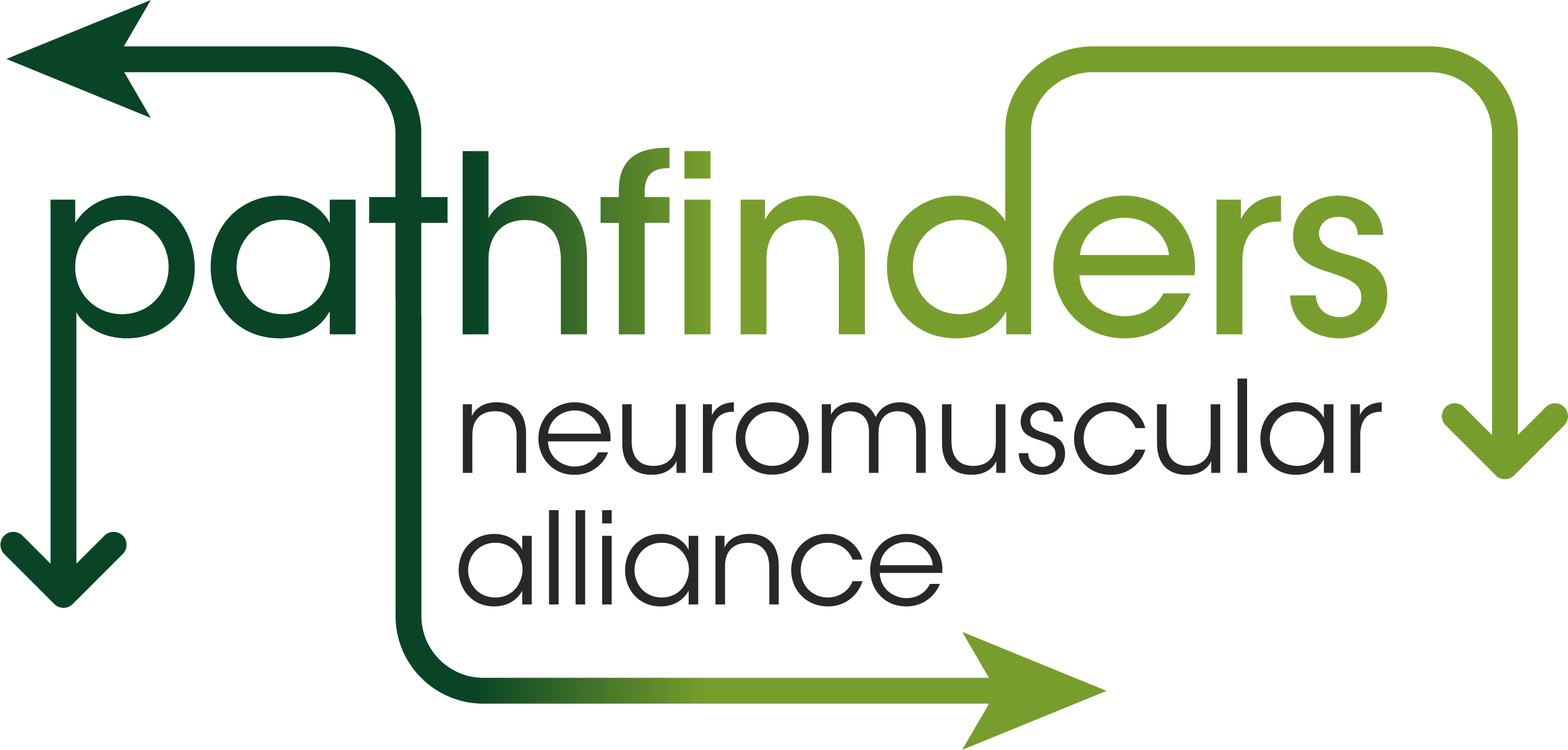Supported living is where your local council, a charity, housing association or commercial company provide accommodation with the support you need to live in said accommodation. Supported living schemes are often exclusively for older people, so you need to look for schemes that include young people.
Schemes for supported living provide accommodation with some level of support, from the provision of a warden, to a full package of personal care. Sometimes you will have your own flat, but in other cases you may only get a bedroom within a house, sharing with other people who might have similar needs to you.
Supported living accommodation are not care homes: they are designed to help you live as independently as possible, while giving you support that you might not be able to access in your own home. Though often used for elderly people, supported living is available for physically disabled young people. To find out more information visit organisations such as:
Leonard Cheshire
Longhurst Group
Voyager Care
To access supported living, you can contact your local council who will assess your care needs and might be able to give you information on the supported living organisations near you. Alternatively, you can contact the supported living companies directly. Supported living services can be provided by the local council or charities, or they may be run by commercial companies.
Pros & Cons of Supported Housing
Pros
- Rent is often lower than privately renting
- More likely to get a property suited to your needs
- You don’t need to search for a property, the organisation will search for you
Cons
- Long waiting lists
- Limited on choice of where you live
- Less control over who is providing your care
Resources:


